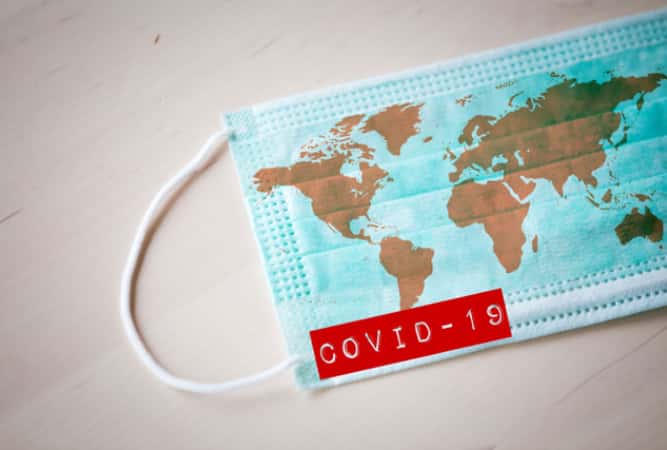Members of The Commons,
If your inbox is anything like ours it is overflowing with other people’s ideas and inventions aimed at tracking and slowing the spread of COVID-19. (Interspersed with emails from seemingly every company you have interacted with online, ever.) In this second weekly edition of The Commons we’ve sifted through the noise for you, zeroing in on useful tools for those working in and around government. Some are geared to specific cities or countries, but all can serve as models for anyone looking to stand up a public interest tech solution ASAP.
Thanks for all that you do.
Open source tools are rapidly multiplying, with many focusing on rapidly communicating with residents on a range of topics. The Nova Scotia Digital Service shipped a virus screening tool in 48 hours (code here), and California state’s new coronavirus website was also built in a few days. Governments in the U.K., Canada and Australia have used open source notification platforms to rapidly set up new services that can send millions of text and email messages to residents. Public Digital has a roundup of tools you may find useful.
Personal Protective Equipment
Findthemasks.com maps all sites accepting donations of protective gear across the U.S. It can filter by state and items accepted. The Los Angeles Mask Brigade connects volunteers to donors, so masks and other PPE can get to healthcare providers in Los Angeles and Orange counties. The California PPE Project is a statewide Google form-based effort to help people learn the best way to donate supplies to healthcare centers.
Project N95 is a national clearinghouse for medical equipment needs. In collaboration with US Digital Response and the National PPE Coalition, Project N95 is working with governments to determine where demand is most urgent.
Design to Combat COVID 19, created by a user experience designer less than two weeks ago (background here), has brought together 500+ volunteers from the tech and design industries. They’re creating solutions to help people affected by the pandemic, like Masks for Docs.
Aid for neighbors: Neighbor Express supports vulnerable seniors through grocery and meal delivery—volunteers can sign up to deliver, and seniors can request help. It’s currently serving the city of Concord, CA but could be scaled to serve other locales.
WhatsApp chabots: The South African and Indian governments have launched WhatsApp chatbots to provide up-to-date information about the pandemic, curb misinformation and provide guidance to those who need help. These tools can help prevent hospital call lines from being overwhelmed.
State unemployment insurance websites have crashed as a record number of Americans file for benefits. New Jersey came up with a schedule-based workaround to manage demand. We hope to see other solutions surface soon. (And though we really, really want to get into it, we will refrain from going into the underlying reasons these systems are crashing for the moment.)
Chinese tech companies power shift to telemedicine: Tencent, Alibaba and other major firms are working with the China’s government and health providers to develop and deploy tools allowing remote access to health services.
Finally, we mentioned this above but it bears repeating: the newly formed US Digital Response team has gathered a legion of volunteers with skills like healthcare, data, engineering and product development, general management, operations, supply chain/procurement and more to help state and local governments with Covid-19 response. If you are a part of a state, local, county or tribal government who needs help, let them know right away.
